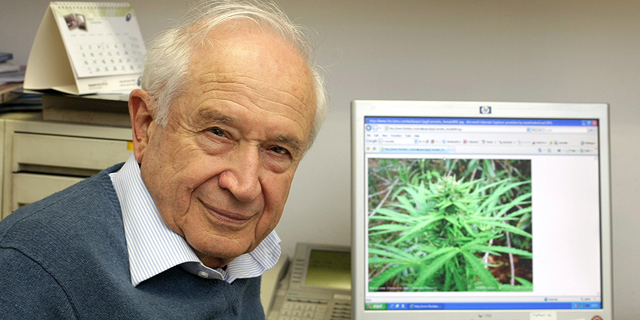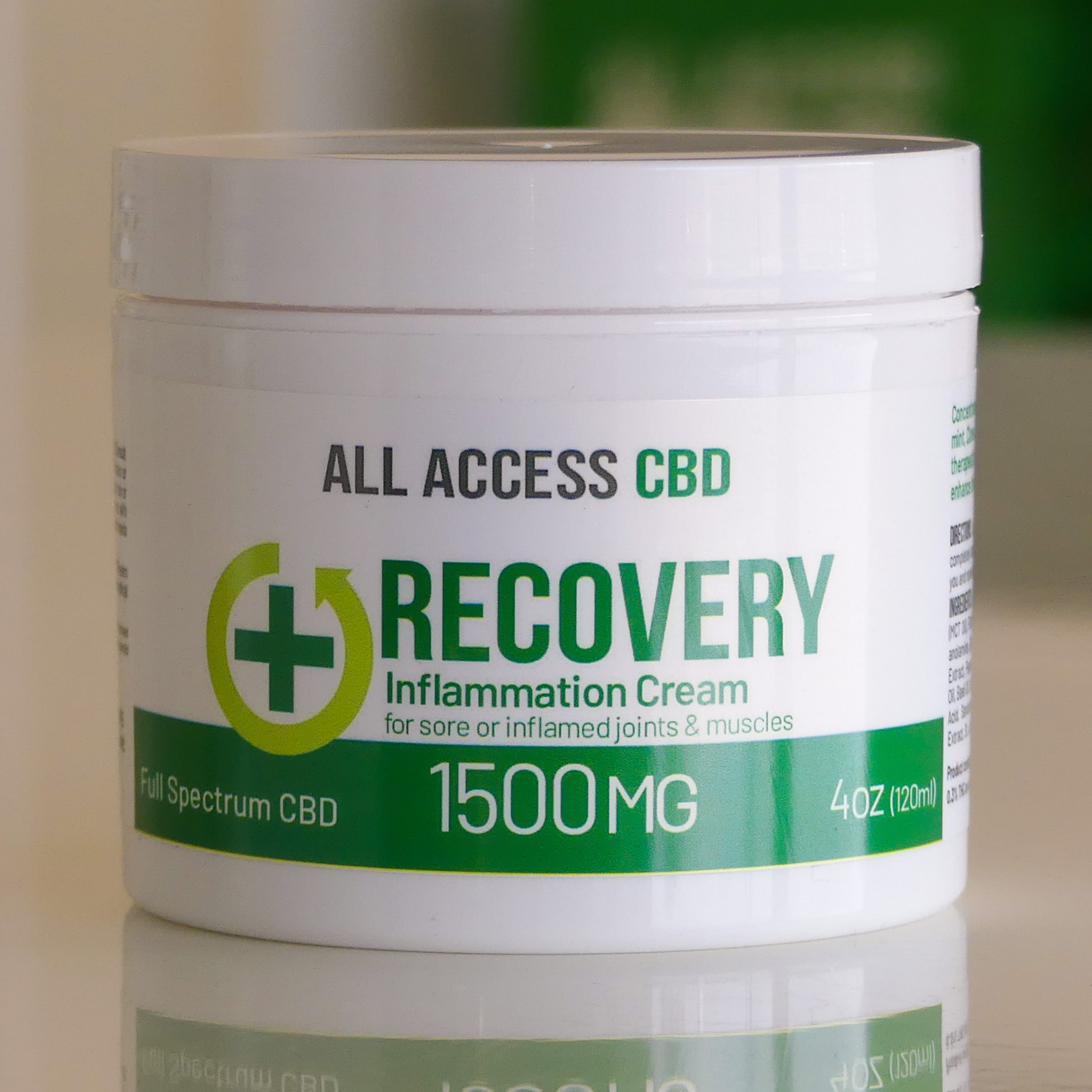
So does CBD oil get you high? The answer to this question depends on the specific type of cannabinoid in question. CBD oil contains all the cannabinoids. We'll be looking at the most well-known cannabinoids and how they function in the body.
CBD oil that contains full-spectrum cannabis cannabinoids
Full-spectrum CBD is one the most widely used cannabis products. It has many cannabinoids that have therapeutic properties. CBD, THC CBC, CBG and CBN are just a few examples of cannabinoids. CBD is not a psychoactive compound like THC. It does not cause any impairment. Instead, it helps you relax and feel less stressed.
Full-spectrum CBD contains THC but it is not enough for you to get high. Full-spectrum CBD has other chemical components, including Terpenes. These compounds give cannabis its unique aroma. Terpenes have been used for aromatherapy for millennia by humans. They also contribute to the rich colours found in cannabis. These compounds have been shown to benefit the body and full-spectrum CBD makes use of the entourage effect.

THC may be present in some full-spectrum CBD products, but this is negligible. Full-spectrum CBD Oil has a THC content of less than 0.3%. This level is too low for it to have any psychoactive effects.
It may therefore be harder to find full-spectrum CBD oils than other types. It is still produced using the same extraction process that other CBD oils. However, THC is removed in the final stages. Full-spectrum CBD is legal where THC can be found.
CBD oil contains Cannabinoids
The solvent used to extract cannabidiol is used to treat cannabis plants. Some solvents for extracting CBD are quite safe, while others can cause serious health problems like petroleum-ether. These contaminants are then dispersed in a base, which is usually edible oil. The concentration of cannabinoids ranges from 0.1 percent to over 20%. Some brands contain a high concentration of THC, which is known to induce intoxication and panic attacks. Currently, most countries do not allow the use of these extracts because they can cause adverse effects.
Unlike THC, CBD does not make you feel high or change your mood. CBD has a positive effect on the mind. CBD can help you manage stress and anxiety and be more productive. CBD can be beneficial for children and may help to avoid temper tantrums. CBD is also a great option for children who want to behave better at work and school.

Some CBD oils include full-spectrum CBD oil, which also contains other cannabinoids. These cannabinoids might make you feel a bit high, but not enough to cause you to go crazy. It is important to read labels carefully to be sure your product contains zero or less THC. CBD oil may have side effects that can be harmful, so it is important to consult your doctor before you take CBD oil.
Despite the potential health benefits of cannabis, it is still illegal in most US states. CBD oil will only give you the high, if it is extracted from mature plants. It is imperative to carefully review the label and to get a lab testing to verify the THC/CBD content. It should have less than 0.3% THC.
FAQ
Is the CBD industry growing?
Yes, it is! And that growth is expected not to stop as legalization continues across North America. This year alone, Canada legalized recreational cannabis use, while several states have passed medical marijuana laws.
As more states adopt legislation that allows medicinal marijuana access, this trend is likely to continue at least for the next decade.
Legalizing marijuana is also a good economic decision. Legalizing marijuana has many other benefits.
It could reduce crime rates, by decreasing illegal drug availability. It could also provide a source of tax revenue for governments.
As legal weed becomes more popular, many people will choose to reduce their alcohol consumption. This would mean fewer hangovers and lower health care costs.
In addition, marijuana might actually improve the quality of life for those who suffer from chronic pain. Many people believe that THC, the active ingredient in marijuana can relieve nausea and muscle spasms caused by chemotherapy.
Perhaps marijuana can be used as a treatment for mental illnesses like anxiety and depression. Some studies show that marijuana can even be used to treat schizophrenia.
Even though the CBD sector looks bright, there are still many challenges.
How big is the global CBD industry?
Euromonitor International reported that the global CBD market was valued in 2015 at $US3.5 billion. This represents a 10% increase from 2014.
The report projects that this figure will reach $US6.4 billion by 2020. This represents an average annual growth rate 12%.
By 2020, CBD products will account for approximately half of all global hemp-derived products.
This includes CBD oils, as well other CBD products, including food, beverages cosmetics, pet care, and CBD oils.
Is CBD still a viable alternative?
Yes. This isn't because of the medical benefits it offers, but because of how it makes people feel.
The fact that it doesn't make you feel any different when you use it makes it perfect for those who are looking for an alternative to prescription drugs.
As we have seen in studies, cannabis has been shown to be effective in treating pain, anxiety and depression.
Cannabinoids, also found in cannabis are thought to interact with our brain receptors. This interaction can produce feelings of relaxation, well-being, and even a sense of well-being.
It is essential to learn about CBD oil and its effects if you want to use it for health reasons.
What is the difference in CBD prices between states?
Prices for CBD products can vary depending on where you live. Prices can vary up to ten times, in fact.
Prices increase in the north. CBD is expensive in Alaska on average at $35 per gram. It costs in Hawaii around $200 pergram.
This trend continues throughout the country. Prices for grams range from $5 to $2,500.
Why is this happening to you?
Price variations are due to the different levels of regulation. Some states require CBD products to contain minimal THC (the psychoactive element of marijuana). Some states don't care how much THC is present.
Some companies sell products in one state, and then ship them to another.
What are the best uses for CBD?
CBD is an effective alternative to treating anxiety. It is also used to treat pain, insomnia, epilepsy, inflammation, depression, and other conditions.
There are many ways you can consume CBD. CBD can be taken in many different ways.
CBD can provide many benefits. It has been shown that CBD can help with anxiety, chronic pain, PTSD, and many other ailments.
Which are the top CBD brands?
These top CBD brands were handpicked by us on the basis of quality, reliability and value.
They sell high-quality CBD oil products with less than 0.2% THC.
We also recommend checking out our list of the best CBD sellers worldwide.
Statistics
- As a substance that was federally illegal before the passage of the 2018 Farm Bill, hemp-derived cannabinoids with no more than 0.3% THC still face a regulatory grey area. (forbes.com)
- The use of these products is likely to become even more widespread if the World Health Organization's recommendation that CBD no longer is scheduled in the international drug control conventions is adopted by the United Nations member states [201]. (ncbi.nlm.nih.gov)
- The inhibition of FAAH is predicted to lead to an increase in brain and plasma concentrations of AEA, which acts as a partial agonist at CB1R and CB2R, thereby increasing endocannabinoid tone [92, 110]. (ncbi.nlm.nih.gov)
- CBD seems unlikely to directly influence sleep in healthy humans [115] (and maybe “sleep-promoting” in those with certain comorbid conditions) (ncbi.nlm.nih.gov)
- OralWhere HED is the human equivalent dose, and Km is a correction factor estimated by dividing the average body mass (BM) of the species (60, 0.020, and 0.150 kg for 11 humans, mice, and rats, respectively) and by its surface area (see: Nair et al. (ncbi.nlm.nih.gov)
External Links
How To
What are the issues that the CBD industry faces?
The market for CBD products continues to grow at an amazing rate. But, businesses who want to enter this market still face numerous challenges. These include lack of consumer awareness and high costs of entry, limited capital access, and regulatory uncertainty.
Many people are not aware of what CBD is, or how it functions. They are unable to make an informed decision about buying CBD products.
CBD companies are heavily dependent on word-of–mouth marketing. This is expensive as they must pay advertising costs and to hire staff to market their brand.
Another issue for new entrants is the high cost production. High prices are a major problem for CBD products because of the high cost of raw materials. CBD oil can only then be produced if the hemp has been grown in a specific environment.
Growing enough hemp to make CBD oil takes around $1,000 per acre. This means that many small farmers cannot afford the cost of starting.
A lack of capital access is another problem that CBD market newcomers face. Many people who want to start a business are discouraged by banks due to the stigma associated with the industry.
Last but not least, there is regulatory uncertainty regarding the sale and distribution of CBD products. There are no established guidelines regarding the marketing of CBD products.
Despite some states having passed laws restricting the sale CBD products, this is not yet a national policy.
Only Nevada and Maine have already legalized recreational cannabis.
Massachusetts and Michigan, however, are exploring similar options.
These changes could increase competition among CBD manufacturers.
These factors lead to many entrepreneurs choosing to work from their home instead of starting a physical company.